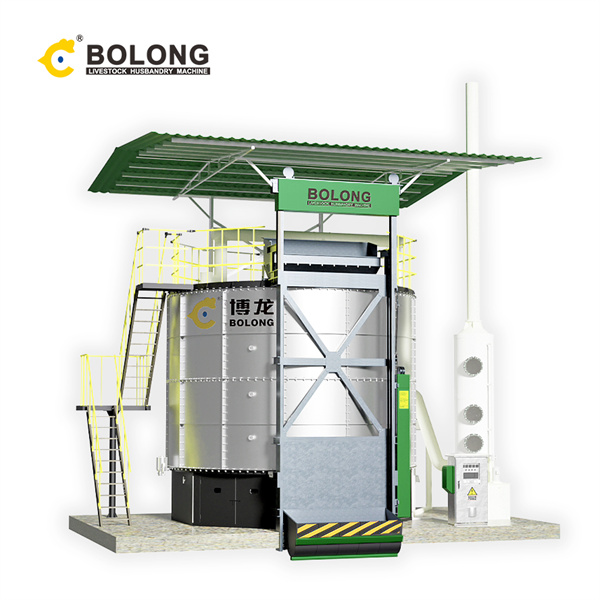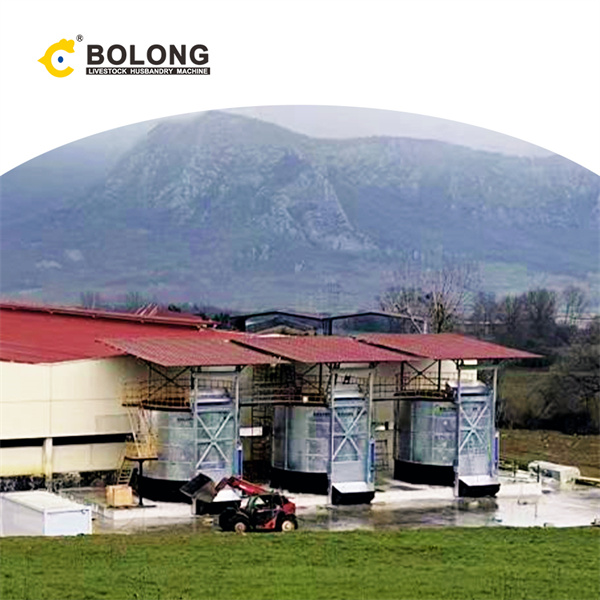Introduction: Circular agriculture aims to close nutrient loops and reduce waste. Livestock fermentation tanks are pivotal in this approach, converting manure into valuable compost. This article examines how fermentation tanks support circular agriculture.

Nutrient Recycling: Livestock manure is rich in nutrients that are essential for plant growth. Fermentation tanks efficiently process manure, transforming it into compost that can be used as a natural fertilizer. This recycling of nutrients reduces the need for synthetic fertilizers and supports sustainable crop production.
Waste Reduction: By processing manure on-site, fermentation tanks reduce the volume of waste that needs to be transported and disposed of. This not only cuts down on waste management costs but also lowers the environmental impact of manure disposal.
Energy Recovery: Some advanced fermentation tanks are designed to capture biogas produced during the fermentation process. This biogas can be used as a renewable energy source, providing an additional benefit and enhancing the sustainability of the farming operation.
Case Study: A mixed crop-livestock farm implemented fermentation tanks to process its manure. The farm used the compost to fertilize its fields and captured biogas to power its operations. This integration of livestock and crop production exemplifies the principles of circular agriculture.

Conclusion: Livestock fermentation tanks are essential for circular agriculture, promoting nutrient recycling, waste reduction, and energy recovery. These benefits support sustainable farming practices and contribute to a more resilient agricultural system.